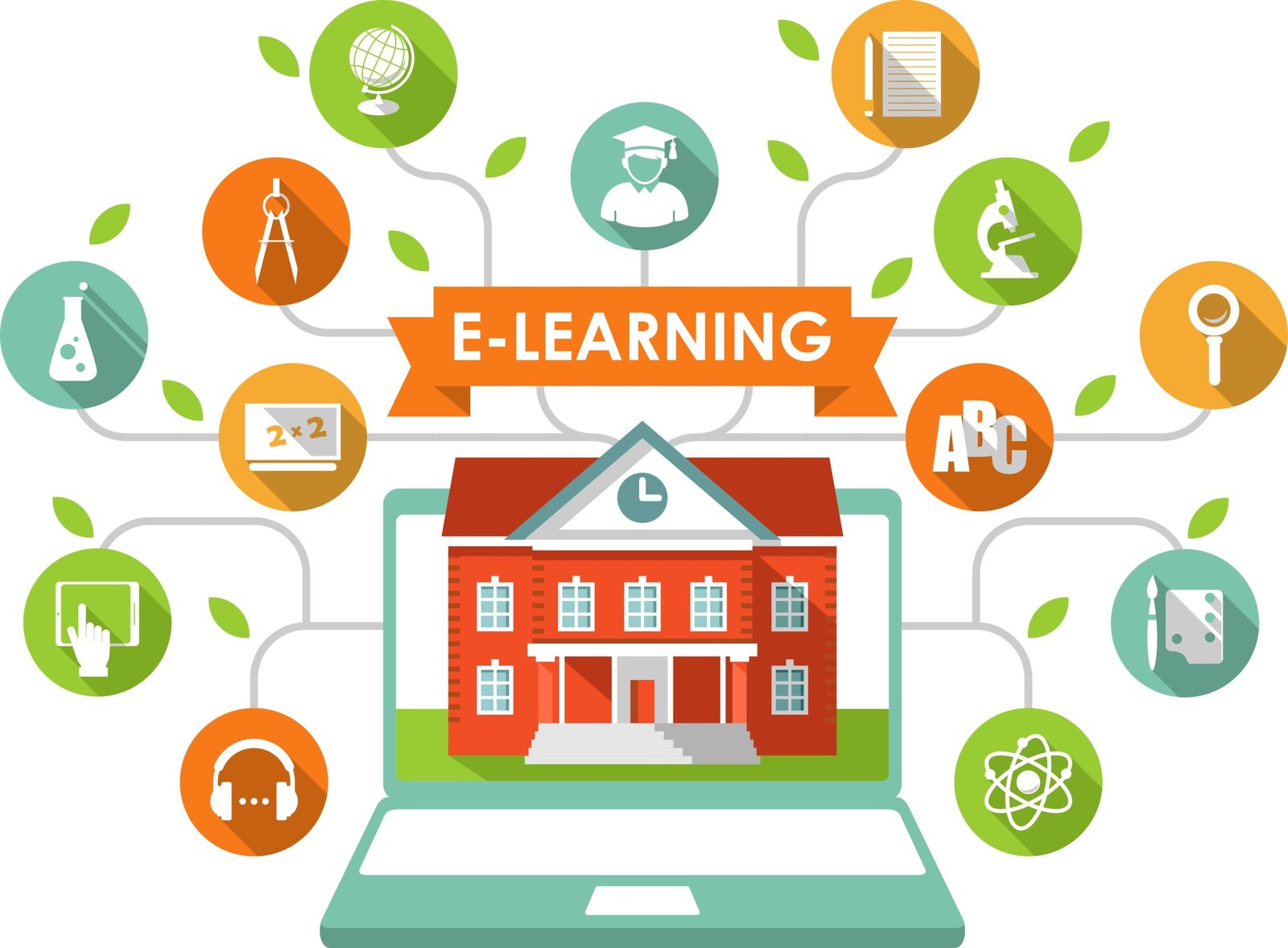Online learning has become increasingly popular in recent years, as more and more people seek to further their education and improve their skills. While online learning offers a number of benefits, it also presents a number of risks and challenges. This article will explore the benefits and risks of online learning, including the flexibility and convenience of online learning, the potential for social isolation, and the risk of academic dishonesty.
Benefits of Online Learning
Flexibility and Convenience
One of the primary benefits of online learning is the flexibility and convenience it offers. Online courses can be accessed from anywhere in the world, at any time of day or night. This means that students can work at their own pace, and can fit their studies around their work and family commitments. In addition, online learning can be more affordable than traditional classroom-based learning, as students do not need to pay for transportation or accommodation.
Accessibility
Online learning is accessible to a larger population of students. It allows students to learn from any location, at any time, and at their own pace. This is particularly beneficial for students who live in remote areas or have disabilities that make it difficult to attend traditional classroom-based learning.
Variety of Course Offerings
Online learning provides a wide variety of courses and programs that may not be available in traditional classroom-based learning. This allows students to choose from a range of courses and programs that meet their specific needs and interests.
Risks of Online Learning
Social Isolation
One of the primary risks associated with online learning is the potential for social isolation. Online courses can be isolating, as students do not have the opportunity to interact with their peers and instructors in person. This lack of social interaction can be particularly challenging for students who are used to traditional classroom-based learning, as they may feel disconnected from their peers and instructors.
Academic Dishonesty
Another risk associated with online learning is the potential for academic dishonesty. Online courses can make it easier for students to cheat, as they can access course materials and assignments from anywhere in the world. In addition, online courses can make it more difficult for instructors to monitor student progress and ensure that students are completing their work honestly.
Quality of Education
Another risk associated with online learning is the potential for a lower quality of education. Online courses can be less structured than traditional classroom-based learning, and students may not receive the same level of support and feedback from their instructors. In addition, online courses may not offer the same level of hands-on experience as traditional classroom-based learning, which can be particularly challenging for students in technical or vocational fields.
Conclusion
In conclusion, online learning offers a number of benefits, including flexibility and convenience, affordability, and accessibility. However, it also presents a number of risks and challenges, including the potential for social isolation, academic dishonesty, and a lower quality of education. When considering online learning, it is important to carefully consider these risks and challenges, and to choose a program that offers the right balance of flexibility, support, and hands-on experience.










